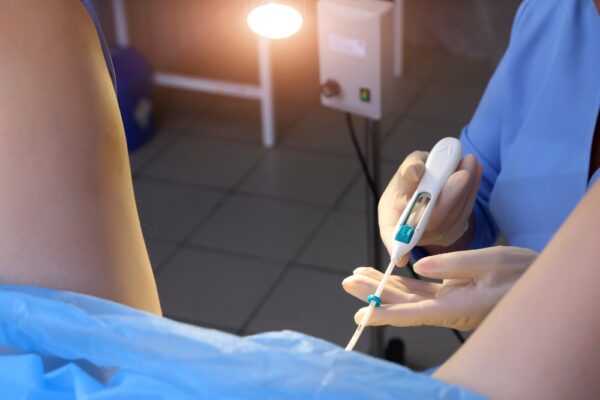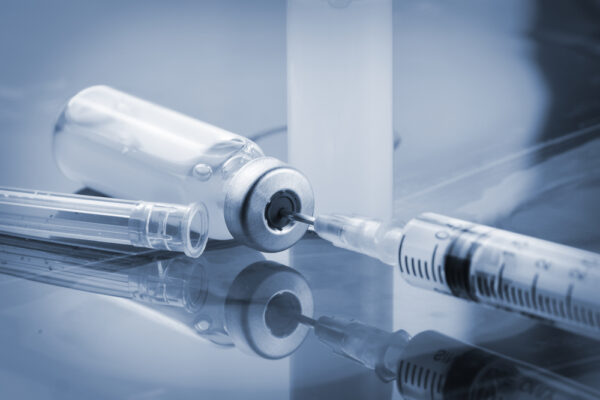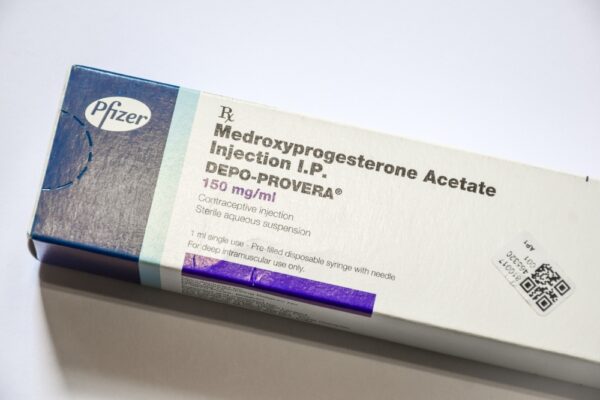The U.S. Food and Drug Administration (FDA) has issued yet another mandatory recall for global pharmaceutical company Abbott Laboratories, as its HeartMate 3 Left Ventricular Assist Device faces scrutiny following the deaths of three users due to the possibility of graft occlusion due to a product malfunction—potentially leading to reduced blood flow, the formation of blood clots and even death. The device is used for patients with severe left ventricular heart failure whose hearts need help to pump blood more effectively—usually acting as a stopgate while patients await a heart transplant.
Tagged a category topping Class 1 recall—you can learn more here about what this involves and what to do if you have one of these devices—there have been 32 reported device malfunctions worldwide. In the recall, major healthcare news outlets report, “the failures may stem from possible interruptions in the electrical connection between power sources, including batteries, adapters, and the HVAD controller, which could cause disconnection and result in possible pump stoppage, according to Abbott executives.” More than 5,000 units dating back to 2014 are under recall.
Additionally, the FDA has recently issued a recommendation that urges patients with Abbott implantable defibrillators to contact their doctors for a firmware update—specifically one that addresses a rapid battery depletion bug and a remote hacking vulnerability via wireless connectivity. Last year, Abbott-Thoratec faced another Class 1 recall for its’ HeartMate II LVAS Pocket System Controller in response to deaths associated with patients switching controllers after an alarm or malfunction.
Such mounting issues raise the question as to whether or not such advancements in med tech are coming to market too quickly—without proper testing and redundancy safeguards.
As life-saving and increasingly complex technology becomes more closely tied to computers, electronics, and tools familiar to our everyday lives, the danger to consumers will exponentially grow. Part of the problem stems from the fact that there is no unified standard when it comes to device-controlling software. Even the FDA has issued a cautionary statement to the healthcare industry as this confluence of technology and healthcare continues: “Because cybersecurity threats cannot be completely eliminated, manufacturers, hospitals and facilities must work to manage them. There is a need to balance protecting patient safety and promoting the development of innovative technologies and improved device performance.”
As Abbott’s multiple FDA recalls indicate, a company’s responsibility to a patient does not end once a doctor implants their product. In reality, threats to patient lives exist within a multitude of points of care and one of the most significant may just be at the technology integration point itself.

The Legal Examiner and our Affiliate Network strive to be the place you look to for news, context, and more, wherever your life intersects with the law.













Comments for this article are closed.